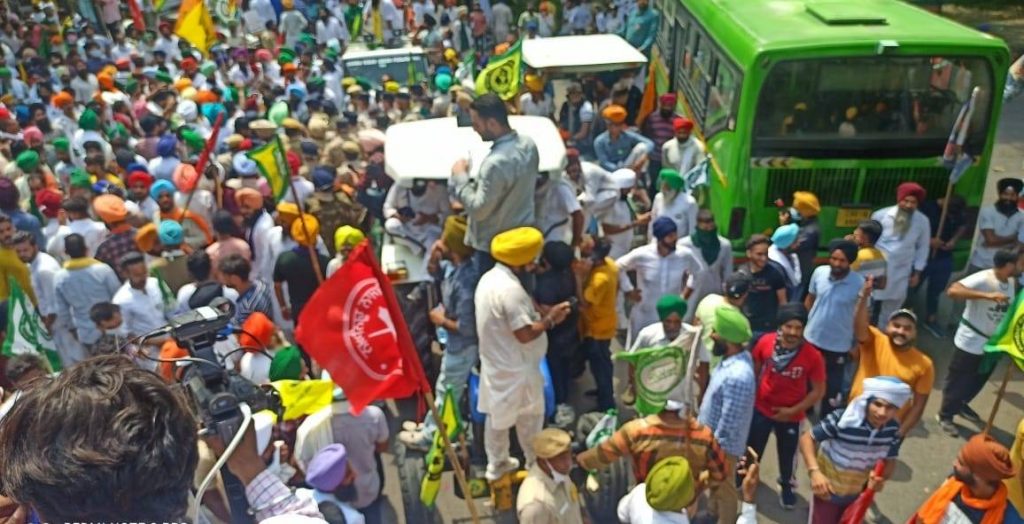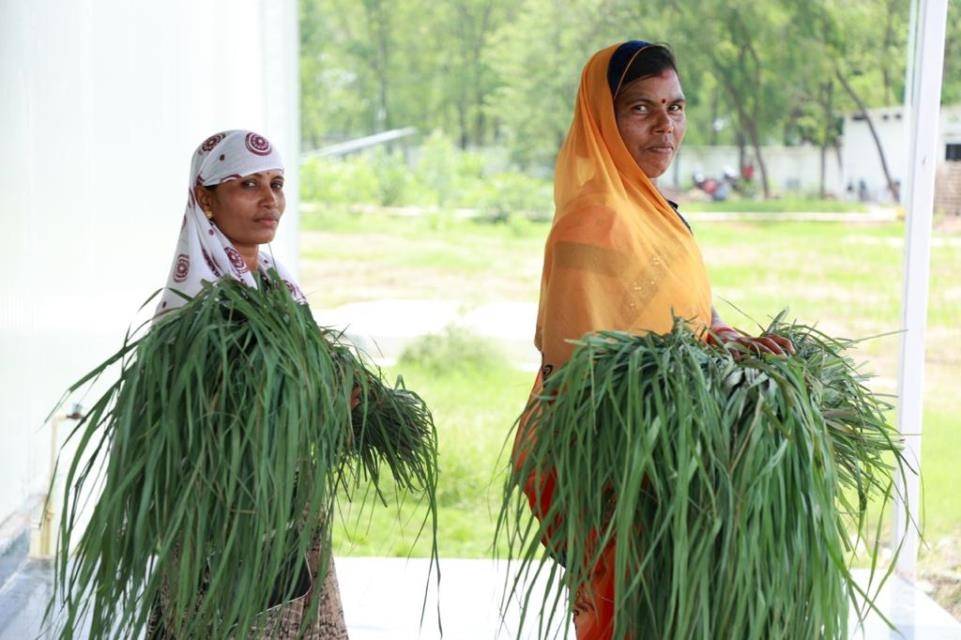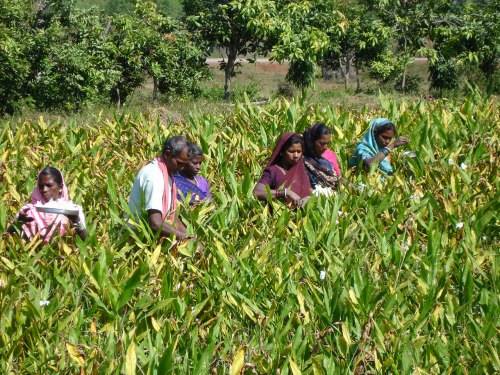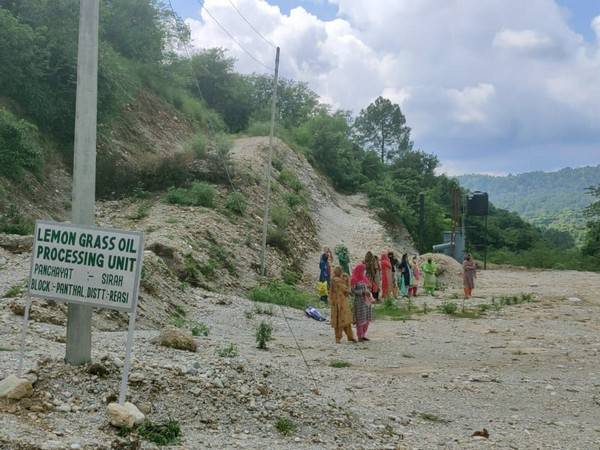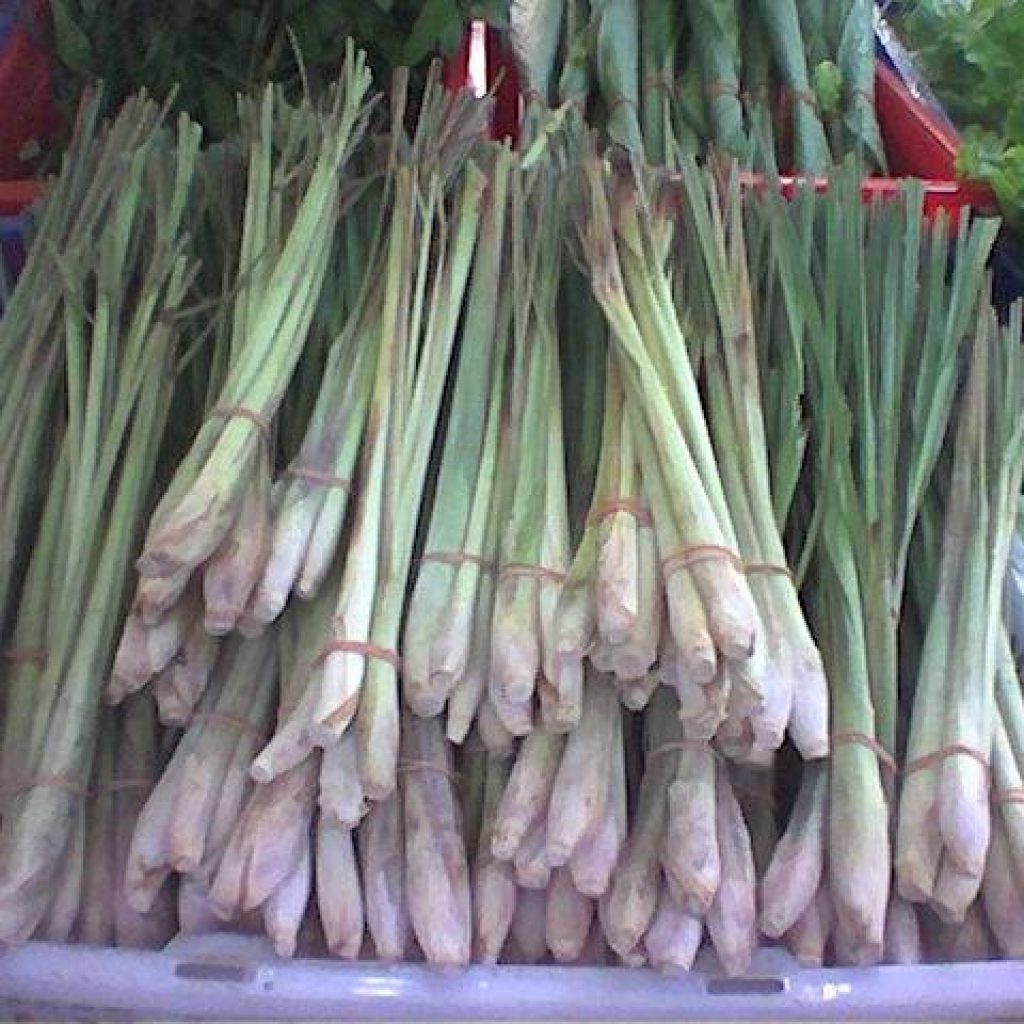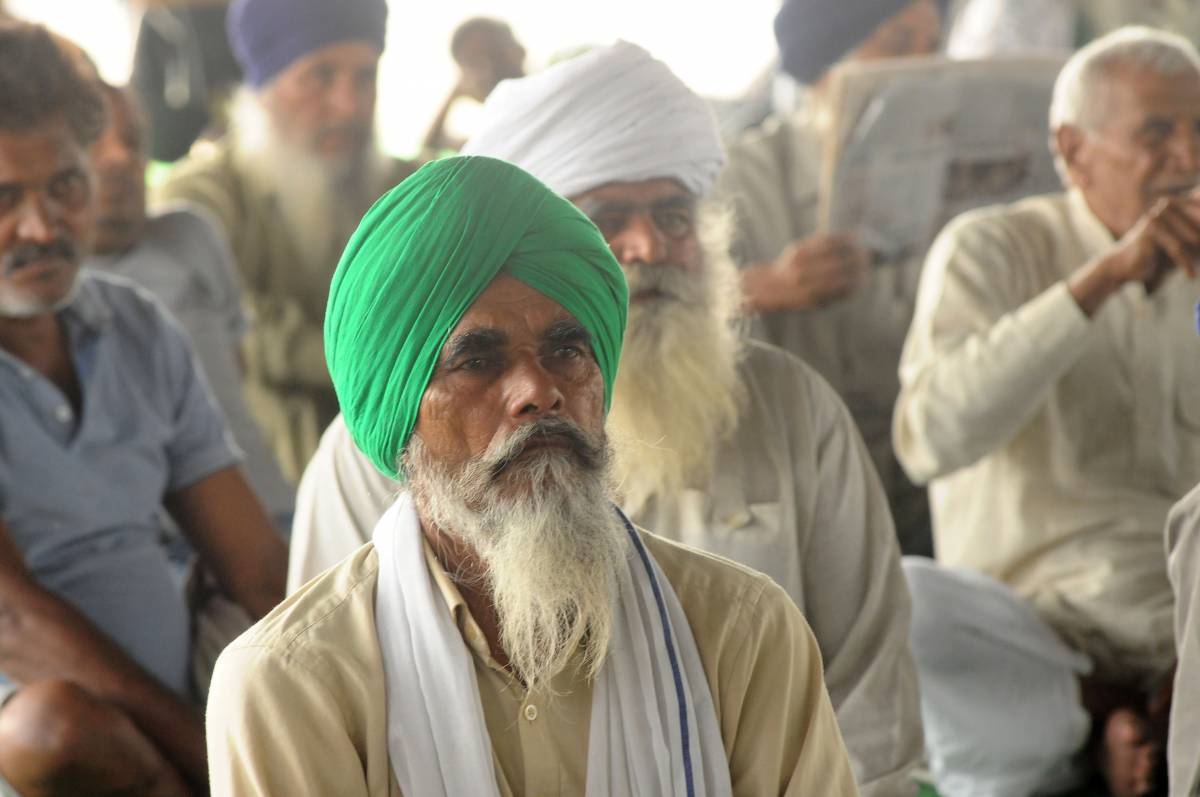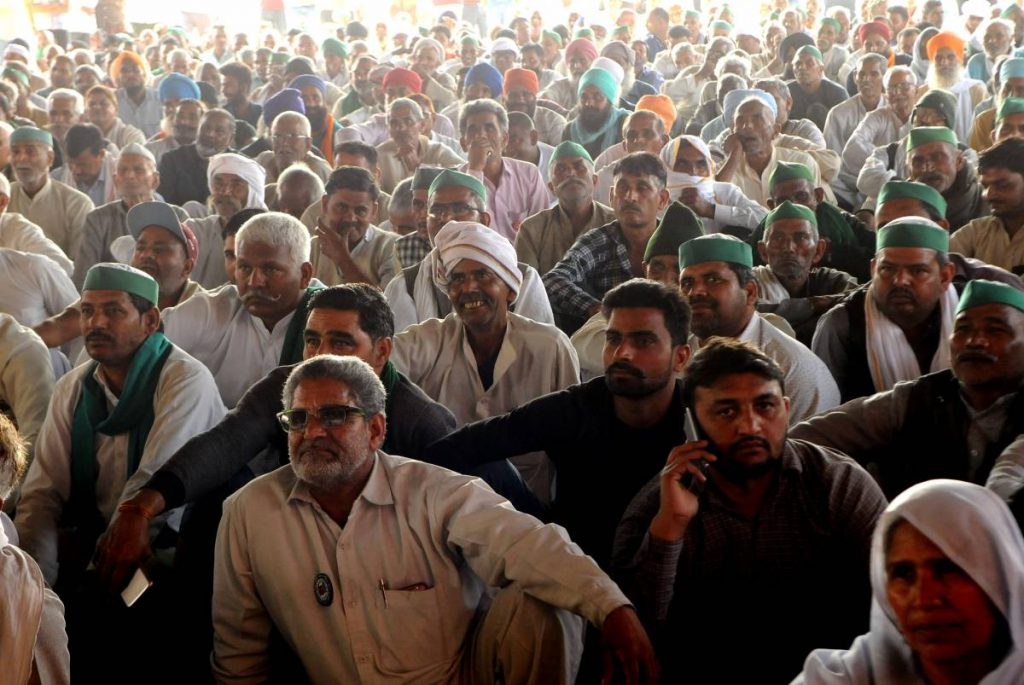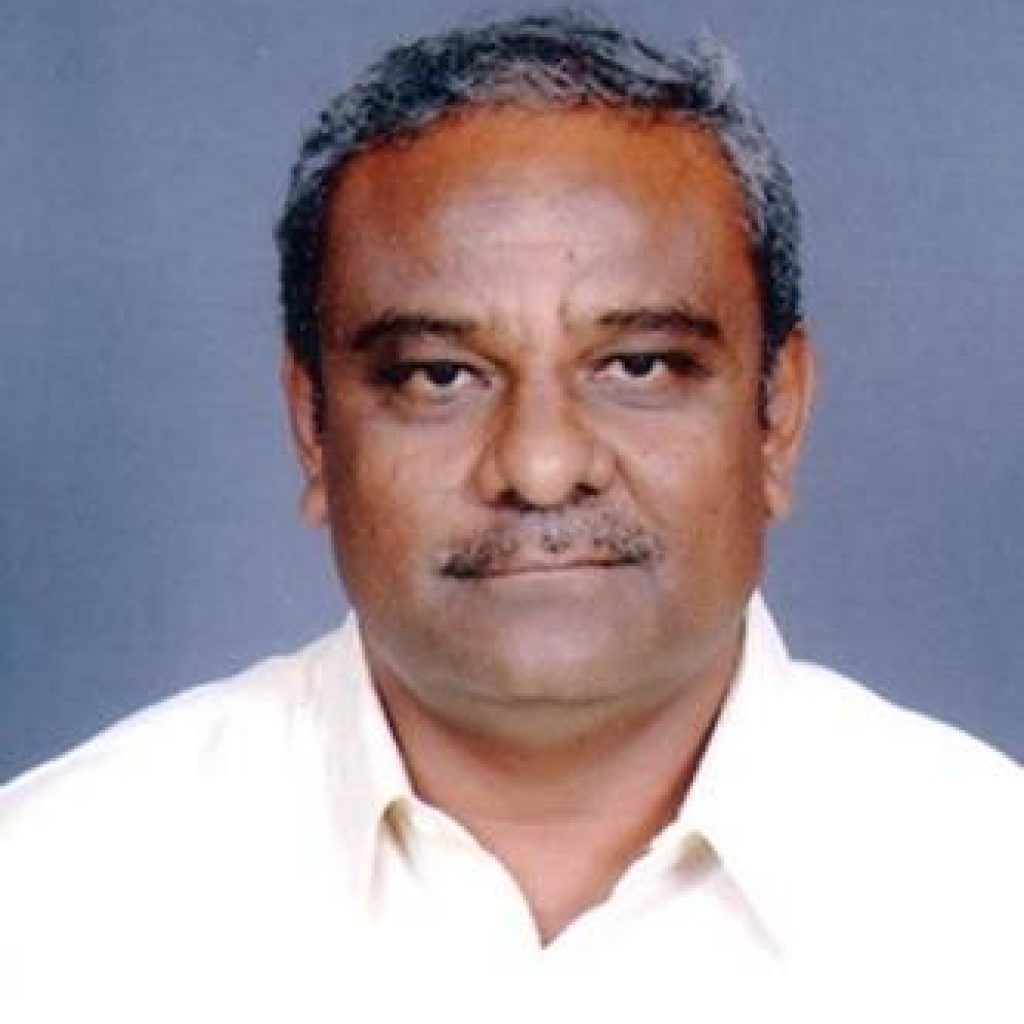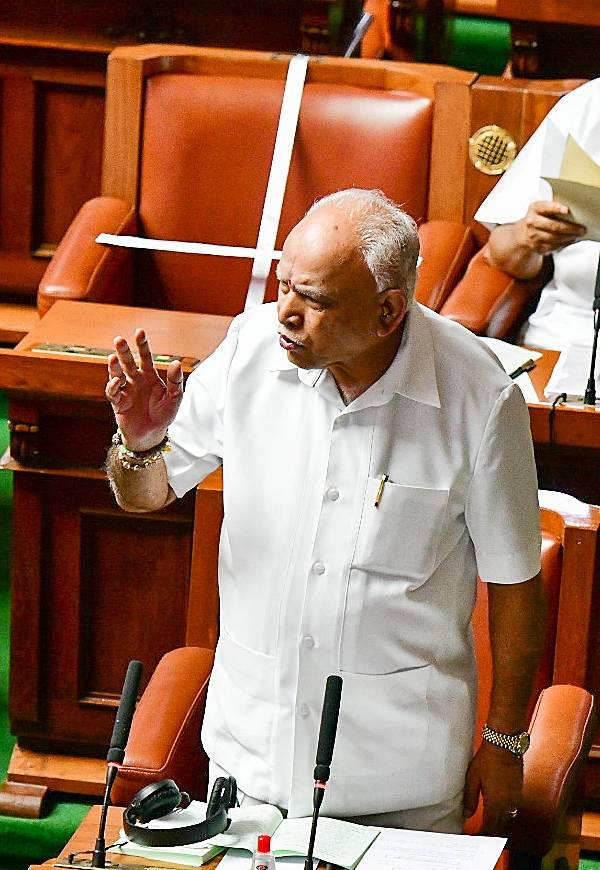However, the meeting with the district officials ended inconclusively as they turned down all of the farmers’ demands…reports Asian Lite News.
The Mahapanchayat called by the protesting farmers started early on Tuesday morning ended in front of the Karnal Deputy Commissioner’s office with union leaders holding a meeting in front of the mini-secretariat to decide their future course of action.
The Kisan Mahapanchayat was organised to demand an FIR and strict action against SDM Ayush Sinha, who on August 28 had instructed the police to beat the protesting farmers.
A video-clip of Sinha ordering the force to hit the farmers had stirred a row after it went viral on social media.
As hundreds of protesters gathered in Karnal to support the farmers’ demand, an 11-member farmers’ delegation met the Karnal Deputy Commissioner and the Superintendent of Police at the mini-secretariat to submit a memorandum of their demands, which also included a compensation of Rs 25 lakh and a government job to the next of kin of Sushil Kajal, a farmer from Gharunda who received head injuries in the lathicharge and died later due to a heart attack, along with a compensation of Rs 2 lakh for the wounded persons.
The delegation was led by farmer union leader Rakesh Tikait, political activist Yogendra Yadav, Karnal-based Bhartiya Kisan Union (BKU) leader Gurnaam Singh Chaduni, BKU president Balbir Singh Rajewal, BKU (Sidhupur) member Jagjit Singh Dallewal, Ajay Rana and Darshan Pal, among others.
However, the meeting with the district officials ended inconclusively as they turned down all of the farmers’ demands.
Post the meeting, Yogendra Yadav told the media, “Our talks with the DC and the SP were held in three rounds. It was attended by 15 representatives. All we demanded was strict action against the IAS officer who ordered lathicharge on August 28. We didn’t seek any compensation. However, the authorities didn’t agree to even that.”
Quoting Mahabharata, Yadav said, “Just like the Pandavas in Mahabharata, who asked for five villages, we asked the authorities to at least suspend the SDM for his August order.
“However, the authorities are supporting the IAS officers’ move. They said ‘theek hi kiya unhone ne’ (he did the right thing). In the end, we asked them to at least suspend the officer before an enquiry is completed, but they didn’t even agree to this demand of ours.”
It was after the farmer union leaders reached the Mahapanchayat site that they unanimously decided to march towards the mini-secretariat to gherao the area, which was followed by hundreds and thousands of protesters beginning the 7 km journey from the Anaj Mandi to the district administration building.
A heavy traffic jam was witnessed in Karnal due to the march, as farmers flooded the NH44.
The protesters were first stopped by the police at Namaste Chowk. However, they were allowed to move ahead following a short discussion with the police.
Riding on tractors, the farmers were seen carrying ‘lathis’ (sticks) to the gherao area.
On their way to the secretariat, some protesters also removed a barricade obstructing their path. However, after reaching the mini-secretariat in Karnal, the farmers staged a ‘dharna’ (sit-in) in front of the district administration office.
Despite the news of arrests and detention of farmer union leaders at Namaste Chowk, they maintained that no one was arrested or detained by the police on their way to the secretariat.
Meanwhile, in what could only be referred to as an act of kindness, local residents living nearby Karnal’s mini-secretariat area distributed water bottles and food to the protesting farmers.
The farmers have been protesting against the three farm laws passed by the Centre in the Parliament last year for over nine months now.
ALSO READ-Talks between protesting farmers, Punjab govt remain inconclusive



